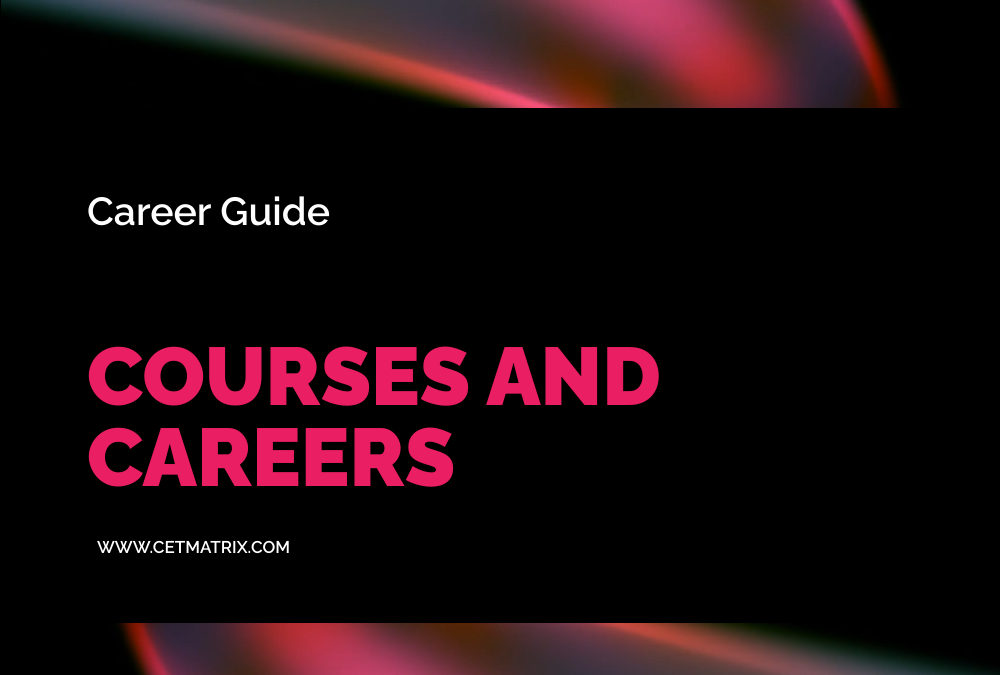Continuing Education is a very broader word and has lot of context but still it is frequently used by the academic practitioners to refer the practice of keeping oneself updated by attending short term courses or trainings for maintaining the license or the certification. Some practioners also uses it to refer to the students who get back to their school to complete his/her education.
Every year 1000s of professionals accelerate their career by acquiring a degree by going back to the university. Many working professionals without a degree when they feel that there career is not heading any where do think about taking up a bachelors program but for them selecting the right program is a very daunting task as it will be quite difficult to narrow down the right program from the list of various tasks performed over the years. Sometimes even the assessment test won’t give any productive or satisfactory result.
Selecting the right program can help the professional in reaching new heights while going for the wrong program or the course will make the professional end up with a wrong degree and a mountain of debt.
How most of the professionals shortlist the program or a degree
Most of the professionals when they plan to upgrade their career they do their own self assessment based on the skills acquired over the past couple of years and the job responsibilities of the current and the previous job. They shortlist the courses and even the university based on the results and will apply for few colleges and will select the one which will provide them a maximum discount.
Selecting the right program and the degree:
When selecting the right program or the degree there are lot more parameters to consider apart from fee and the course title. We prepared a simple assessment list for the adult learners to follow while shortlisting the course.
Job Environment:
Job Environment is the crucial factor while shortlisting the course. There are two types of job environment. The first is Internal and the second is External. In the internal job environment, a candidate complete all his task without any travel or a minimal travel while the external job involves atleast 50-100% travel. The most common internal environment jobs are clerk, technical associate, administrative, hr and even customer service associate while the most external job environment jobs are sales executive, field inspector or a field technician. While shortlisting the course or degree, the candidate has to first evaluate his/her current job.
Time Investment per Week:
Some programs are quite intensive and the candidate has to invest atleast 14-16 hours a week while few programs are comparitively easy and can be completed by investing 5-6 hours a week. Before shortlisting the candidate should see can they able to invest specific amont of hours per week to complete the course or your line manager is generous enough to support you during your education in terms of reduced working hours.
Short term career goals:
A short term career goal is any type of goal which one is planning to achieve within 1-3 months or within a year. An immediate career goal can be career switch, job switch or promotion.
Long term career goals:
A long term career goal is any goal which is set for 5 years, 10 years or even 15 years. A long term career goal can be becoming a manager or starting your own practice or switiching to all together a different career. While planning for long term career goal, one should take into consideration the family commitments, financial goals, mortgages and other type of commitments.
Investment:
There are two types of investment in any education. The first is financial investment while the second is time investment. The financial investment is related to fee while the time investment is about the time being committed to complete the degree. Some courses are of short term duration while few other courses are very longer duration like 2-4 years.
Before shortlisting the course, you should also see whether your career goals can be achieved by attaining a short term course or it is mandatory to join a long duration degree.
Sometimes even you can join any credit rated qualification or an associate degree and later transfer to the university for full fledged degree.
Support:
Getting back to college is very difficult however one can easily sail through it with effective support from the college, employer and family. One should see what type of support is being provided from the college. Adjusting to college after a long gap is very difficult however, the student support can make it easy through effective counselling and coaching. Besides that your family member and employer can also act as a catalyst or anchor during your education.
If you need personalized consulting for getting back to college, reach us on info@cetmatrix.com
